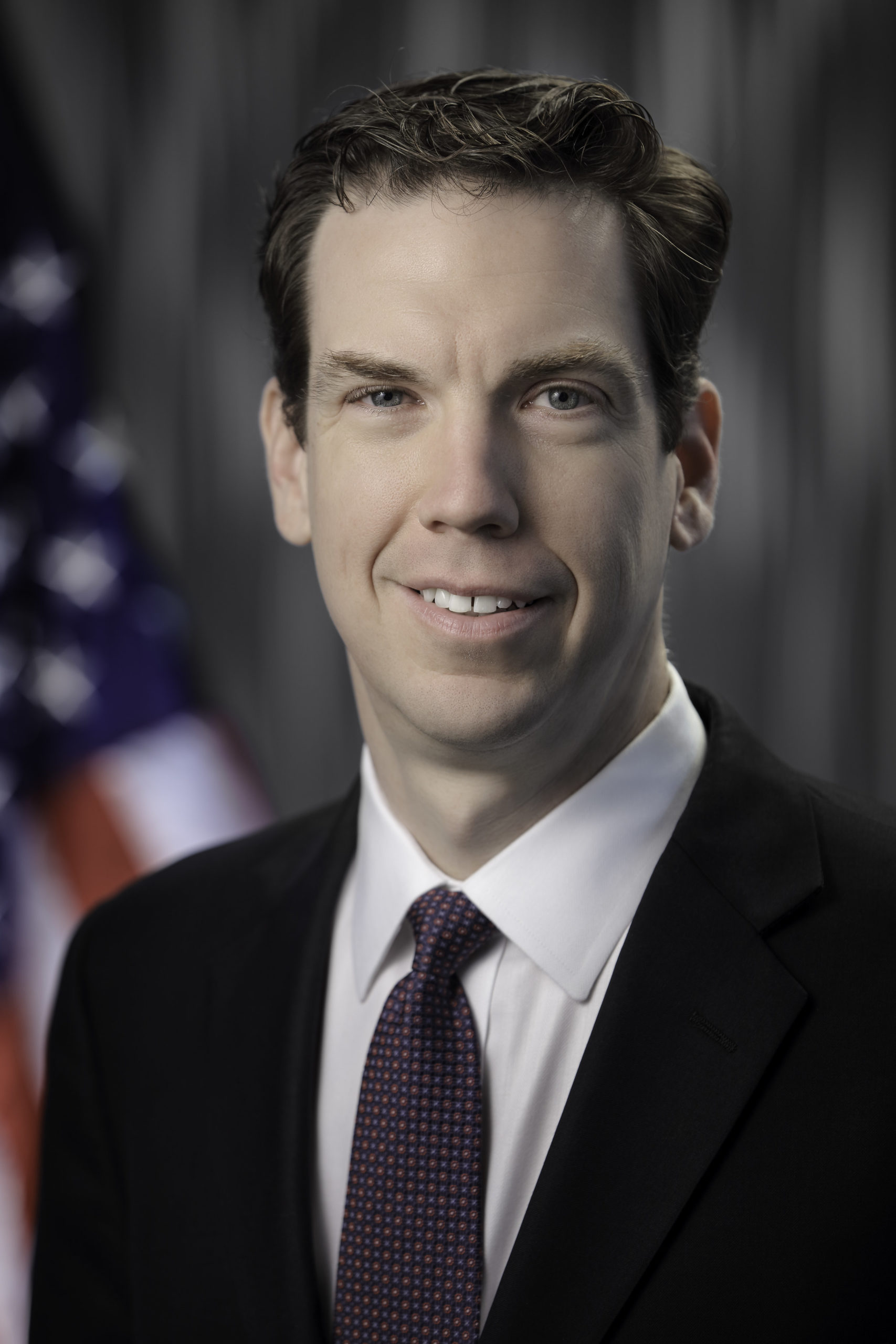February 04, 2019

Today’s show is a bonus episode that we added to the schedule because it has a deadline connected with it. My guest is Paul Watkins, Assistant Director of the Consumer Federal Protection Bureau (CFPB) and Director of its new Office of Innovation. And the deadline is February 11, which is the last day that the CFPB will be accepting public comment letters on its proposals for organizing a Product Sandbox and for issuing No-Action Letters on innovative products and practices. The Bureau is very interested in hearing from as many people as possible, and I really encourage all our listeners to submit input.
Few initiatives are more important to financial innovation. The Bureau has the lead with consumer protection regulation in the US and these initiatives will shape policy that will can make or break innovative solutions for consumers.
Our listeners know that I think regulators need to have testing environments for fintech and regtech. Some agencies, like the CFPB and the UK Financial Conduct Authority, call them sandboxes. Others call them labs or pilot programs. The key is that these testbeds enable regulators to examine cutting edge innovation up close, in depth, and hands on -- something that’s very hard to do through traditional regulatory channels. The pace of tech change today is simply too fast to keep up, without new tools.However, sandboxes are not easy to design. Consumer advocates worry that these labs could open a channel through which harmful financial products could bypass consumer protection regulations. There’s also some concern that labs and sandboxes can imply a regulatory seal of approval that would confer a competitive advantage to companies that participate in them.
Concerns also arise regarding the No-Action Letter mechanism, in which financial providers can show regulators their plans for a new product or practice and the agency, while not giving a stamp of approval, can send a letter indicating that they would not take action against the proposed activity. These NAL’s can greatly reduce the regulatory uncertainty that chills so much innovation. The current version of the CFPB’s no action letter has hardly been used, and the Bureau thinks that’s because it was designed with too little upside and too many drawbacks. Their proposal seeks to address that.
As a former bank regulator, I think these agencies have the hardest role to play in innovation. If they get the balance wrong -- by being either too heavy-handed or too lax -- consumers will pay the price. As they innovate, they will need to be building consumer safeguards into all they do -- including sandboxes and no-action letters. And they’re going to have to build up a reservoir of trust that their efforts will help, and not hurt financial customers. You’ll be interested in Paul’s thoughts on how to achieve those goals.
By the way, speaking of labs, let me encourage everyone to follow the work of FinRegLab, a nonprofit that is running sandbox-type experiments in fintech innovation. I chair FRL’s board of directors and, under its CEO Melissa Koide, it’s doing exciting work.
My conversation with Paul is wide-ranging. He talks about the CFPB’s participation in the Global Financial Innovation Network, or GFIN (the Bureau is the only US agency involved so far). He has a very thought-provoking anecdote about seeing consumer disclosures in Times Square. And mostly, he talks with great insight about how we should be doing better for consumers.
He says, innovation isn’t just useful to consumer protection. It’s central to it.
More on Paul Watkins
Paul Watkins is Director of the Office of Innovation at the Consumer Financial Protection Bureau. He oversees the Bureau’s efforts to facilitate innovation, competition, and consumer access in the markets for financial products and services. Watkins was previously the Civil Litigation Division Chief at the Arizona Office of the Attorney General, where he managed the state’s litigation in areas such as consumer fraud, antitrust, and civil rights. In Arizona, he drafted and advocated for legislation establishing the first FinTech Sandbox in the country. Previously, Watkins practiced law at Covington & Burling LLP in San Francisco, and at Simpson, Thacher & Bartlett LLP in Palo Alto, California. He is a graduate of Hillsdale College and Harvard Law School, and a former clerk for Judge Dennis W. Shedd on the United States Court of Appeals for the Fourth Circuit.
More for our Listeners
We also have two more great shows coming up with Washington officials. One is with Counselor to the Secretary of the Treasury, Craig Phillips, whose team issued the Treasury fintech report last year. And we’re excited to have a second episode coming up with the Chairman of the CFTC, Christopher Giancarlo.
We have other fascinating episodes in the queue as we’ll have a show with Steve Cohen of Basis Technologies on artificial intelligence and another from Boston with Lamont Young, who’s leading digital innovation at Citizens Bank. We’ll talk with one of the most thoughtful people in finance, Brian Brooks, General Counsel of Coinbase. And we’ll have a special one about, and with, women in fintech.
We’ll be posting a show with Brett King on his new book, Bank 4.0. I co-wrote the regulatory chapter, and the book is a great read — find it here on Amazon.
Stay informed by joining our mailing list
